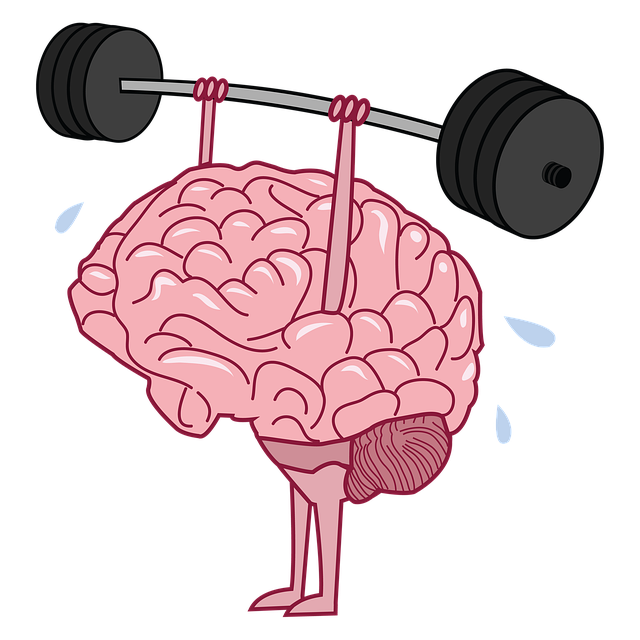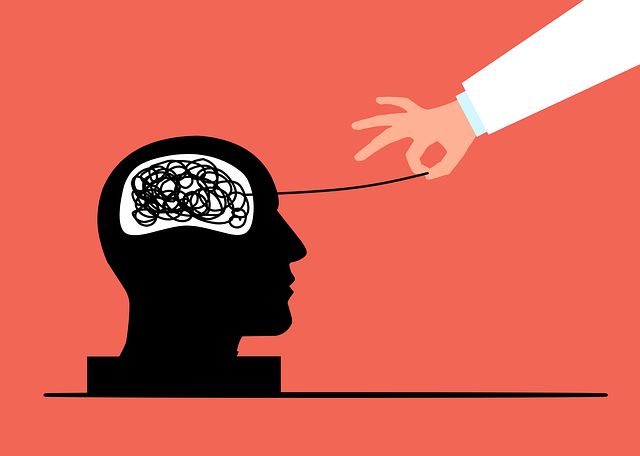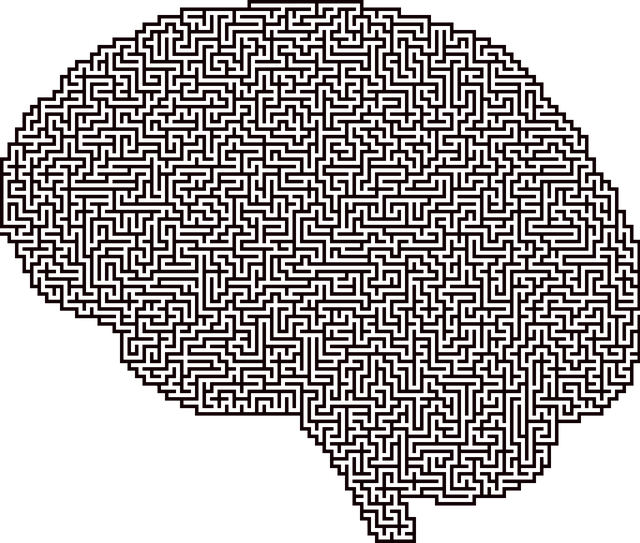Crisis counselors rely on mental health data collection, including surveys, interviews, and medical records, to understand client needs. Ethical practices like informed consent and confidentiality are vital for building trust. Analyzing this data identifies trends, informs intervention strategies, and improves overall therapy outcomes. Demographic insights help tailor treatments, especially with cultural competency training, leading to more effective crisis counseling. Machine learning algorithms predict relapse risks, enabling personalized plans. Robust security measures protect patient privacy while allowing data-driven improvements in therapy programs like stress management workshops. Ethical data usage, transparency, and informed consent are crucial for building trust and empowering individuals in their mental health journeys.
Mental health data analysis is a powerful tool for enhancing crisis counseling and improving therapy outcomes. This article explores critical aspects of understanding, collecting, and interpreting mental health data, with a focus on crisis counseling applications. We delve into analyzing trends in therapy, demographically informed treatment approaches, advanced relapse prediction methods, and ethical considerations to safeguard client privacy. By leveraging these insights, professionals can optimize care for those seeking therapy for crisis counseling.
- Understanding Mental Health Data Collection for Crisis Counseling
- Analyzing Trends and Patterns in Therapy Outcomes
- Interpreting Client Demographics and Their Impact on Treatment
- Advanced Techniques for Predicting and Preventing Relapse
- Ethical Considerations and Ensuring Privacy in Data Analysis
Understanding Mental Health Data Collection for Crisis Counseling

Understanding Mental Health Data Collection for Crisis Counseling is a pivotal step in ensuring effective therapy for crisis counseling. The process begins with recognizing the diverse methods used to gather data, such as surveys, interviews, and medical records, each offering unique insights into an individual’s mental health status. Accurate data collection involves ethical considerations, including informed consent and confidentiality, to create a safe environment for participants.
This data serves as a foundation for crisis counselors to identify trends and patterns within their client base. By analyzing responses related to emotional healing processes and self-care practices, counselors can gain valuable knowledge about the effectiveness of their interventions. Moreover, integrating mental health education programs design into the data interpretation process allows for continuous improvement in addressing crises and supporting individuals through challenging times.
Analyzing Trends and Patterns in Therapy Outcomes

Analyzing trends and patterns in therapy outcomes is a powerful tool for mental health professionals. By examining data from crisis counseling sessions, therapists can identify common themes and factors contributing to positive or negative outcomes. This process allows them to refine their approaches, tailor interventions, and ultimately improve client results. For instance, tracking the effectiveness of various therapeutic techniques across different demographics can reveal the most suitable practices for specific populations.
In the context of therapy for crisis counseling, data analysis enables professionals to assess the impact of mental wellness coaching programs and stress management strategies. Over time, this information can guide the development and refinement of effective interventions, ensuring that mental health services meet the evolving needs of clients. Moreover, analyzing trends can help in evaluating the success of mental wellness podcast series production, as engagement metrics and listener feedback provide insights into what resonates with audiences seeking support and guidance.
Interpreting Client Demographics and Their Impact on Treatment

Understanding client demographics is a vital step in mental health data analysis, as it provides crucial insights into the populations served by various therapy programs, including crisis counseling. By examining factors such as age, gender, ethnicity, and socioeconomic status, healthcare providers can tailor their treatment approaches to meet the unique needs of different communities. For instance, youth from low-income families might require access to affordable therapy options, while older adults may benefit from intergenerational support networks within counseling settings.
Cultural competency training for healthcare providers plays a significant role in interpreting these demographics. It equips professionals with the skills to recognize and appreciate the diverse cultural backgrounds of clients, ensuring that crisis counseling is sensitive to their beliefs, values, and traditions. This approach not only enhances the effectiveness of treatment but also fosters trust between therapists and clients, especially when addressing sensitive mental health issues. Public awareness campaigns and development of mental wellness coaching programs can further support these efforts by promoting understanding and reducing stigma associated with seeking therapy for crisis counseling.
Advanced Techniques for Predicting and Preventing Relapse

In the realm of mental health data analysis, advanced techniques are transforming crisis counseling therapies. Machine learning algorithms now play a pivotal role in predicting relapse risks, enabling professionals to intervene early. By scrutinizing patterns within vast datasets, these tools can identify individuals vulnerable to recurrence, facilitating more personalized and proactive treatment plans. This shift towards predictive analytics promises to enhance the efficacy of therapy for crisis counseling, ensuring that at-risk patients receive timely support.
Furthermore, integrating self-awareness exercises and stress reduction methods into therapeutic practices complements this data-driven approach. Mental health policy analysis and advocacy also contribute by shaping evidence-based guidelines that prioritize early intervention and prevent relapse. This multi-faceted strategy, combining advanced technology with traditional therapy techniques and policy reforms, offers a holistic path toward improving mental well-being and fostering resilient communities.
Ethical Considerations and Ensuring Privacy in Data Analysis

In the realm of mental health data analysis, ethical considerations and ensuring privacy are paramount. As therapy for crisis counseling often involves sensitive personal information, it’s crucial to maintain strict confidentiality. This means implementing robust security measures to safeguard data, such as encryption, access controls, and secure storage. Every step should be taken to ensure that individuals’ private details remain confidential, even when analyzing aggregate data for research or improvement in stress management workshops and coping skills development programs.
Ethical practices also demand transparency in how data is used and shared. Informed consent from participants is essential, especially when their anonymized data might be utilized for various purposes, including the development of effective stress reduction methods. Organizations must clearly communicate the scope and potential impacts of data usage to foster trust and empower individuals to make informed decisions regarding their mental health journey.
Mental health data analysis plays a pivotal role in enhancing crisis counseling services. By understanding the nuances of data collection, identifying trends in therapy outcomes, and interpreting client demographics, professionals can tailor interventions effectively. Advanced predictive analytics promise to revolutionize prevention strategies, while strict ethical guidelines ensure that privacy is protected throughout the process. Integrating these insights into practice will not only improve individual outcomes but also contribute to a more responsive and compassionate mental health care system, ultimately benefiting those seeking therapy for crisis counseling.














